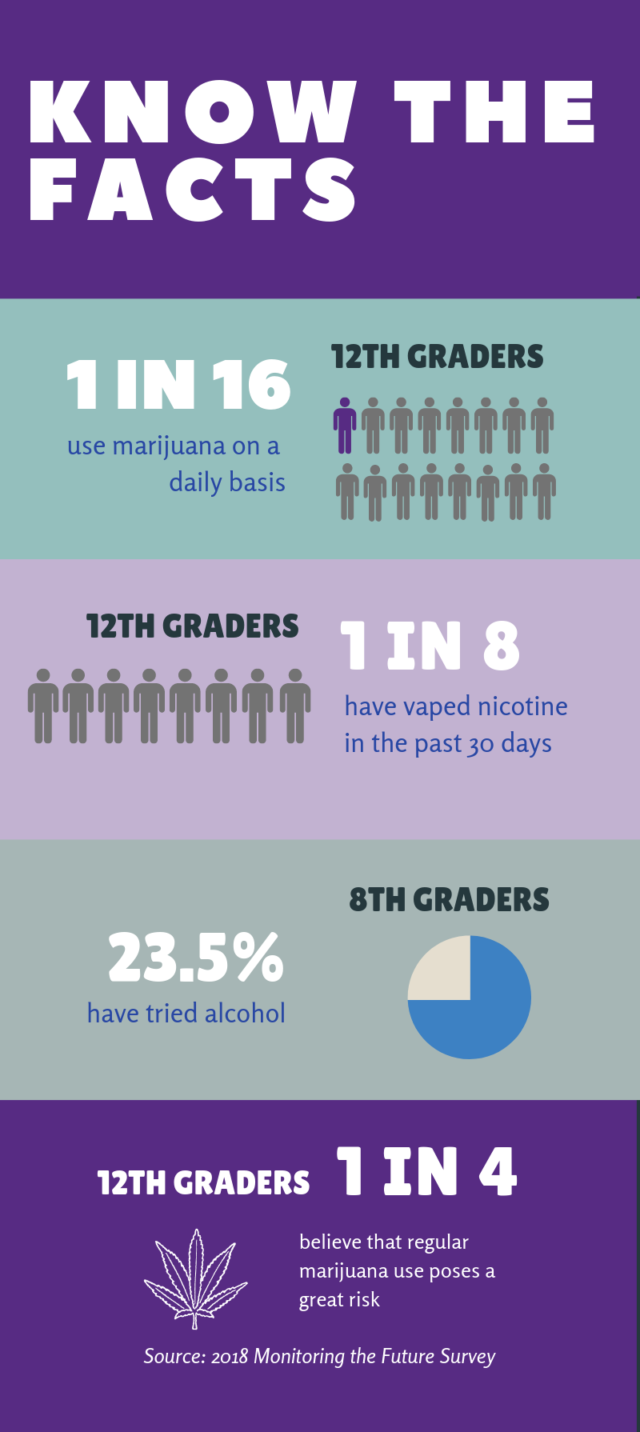The Crucial Duty Of Family Members In Drug Dependency Treatment. Unlock The Power Of Support And Connection. Review To Read More
The Crucial Duty Of Family Members In Drug Dependency Treatment. Unlock The Power Of Support And Connection. Review To Read More
Blog Article
Write- check it out Created By-McLain Dobson
Are you all set to start right into the world of addiction treatment? Do not face it alone.
In this short article, we'll explore the significance of family participation in drug addiction therapy and why it truly matters. Discover exactly how your loved ones can proactively support your recuperation trip and get over the difficulties that may emerge in the process.
With their help, you'll locate the strength and support you require to dominate dependency and accept a much healthier, happier life.
The Impact of Household Participation on Therapy Outcomes
You need to proactively join family members treatment sessions as it can greatly influence the treatment end results.
When you engage in family treatment, you have the possibility to resolve the underlying issues that contribute to drug addiction. By entailing your family, you produce a support system that can assist you browse the obstacles of recovery.
The therapist will direct you in determining unhealthy patterns or dynamics within your family and work with you to establish healthier coping devices. With open interaction and understanding, the family members can learn just how to provide a positive environment that promotes soberness.
In addition, family members treatment can assist rebuild trust and fixing harmed relationships, which are vital for long-term recuperation. By proactively joining White Sands drug rehab 34669 , you boost your possibilities of attaining successful therapy outcomes and keeping a healthy and balanced and encouraging family unit.
Ways Household Members Can Support Healing
Sometimes, relative might feel unsure about just how to support recovery, yet by proactively taking part in treatment sessions and using constant encouragement, they can play a critical duty in their liked one's journey to sobriety. You have the power to make a distinction in your loved one's life by adhering to these easy steps:
- ** Enlighten on your own **: Learn more about addiction and its results. Understanding the obstacles your loved one faces will help you supply better support.
- ** Interact freely **: Develop a risk-free area for open and straightforward discussions. Motivate your liked one to share their sensations and issues without judgment.
- ** Establish healthy and balanced limits **: Establish clear borders to shield your very own wellness while still supplying support. It is essential to keep equilibrium in your very own life.
- ** Be patient **: Healing is a long procedure, and setbacks are common. Program understanding and persistence during the ups and downs of the journey.
- ** Celebrate milestones **: Acknowledge and celebrate your loved one's success in the process. Little triumphes can be considerable and supply motivation to proceed the path to sobriety.
Overcoming Obstacles in Family Members Participation Throughout Dependency Therapy
To properly sustain your liked one's healing, it is necessary to deal with and overcome the challenges that may arise in family members participation throughout dependency treatment.
Addiction can take a toll on both the individual and their member of the family, and it's important to navigate these obstacles with each other.
One common challenge is allowing habits, where family members accidentally sustain the dependency by providing cash or hiding for their loved one's activities. It's important to establish clear limits and prevent making it possible for behaviors in order to advertise recovery and recuperation.
Another challenge is interaction failures, as addiction can stress relationships and result in misunderstandings. Open and truthful communication is vital to rebuilding trust fund and cultivating a supportive setting.
Lastly, caring for yourself is essential throughout this process. Supporting your loved one's healing can be emotionally draining, so it is necessary to look for assistance on your own and practice self-care.
Conclusion
Finally, household participation in drug dependency therapy is essential for successful recovery. By giving assistance, understanding, and love, member of the family can significantly influence therapy results. They can play a vital role in aiding people get over obstacles and maintain their soberness.
Conquering challenges together, family members can foster a sense of unity and durability. So, do not underestimate the power of household participation in addiction therapy; it can be the key to a brighter, healthier future.
